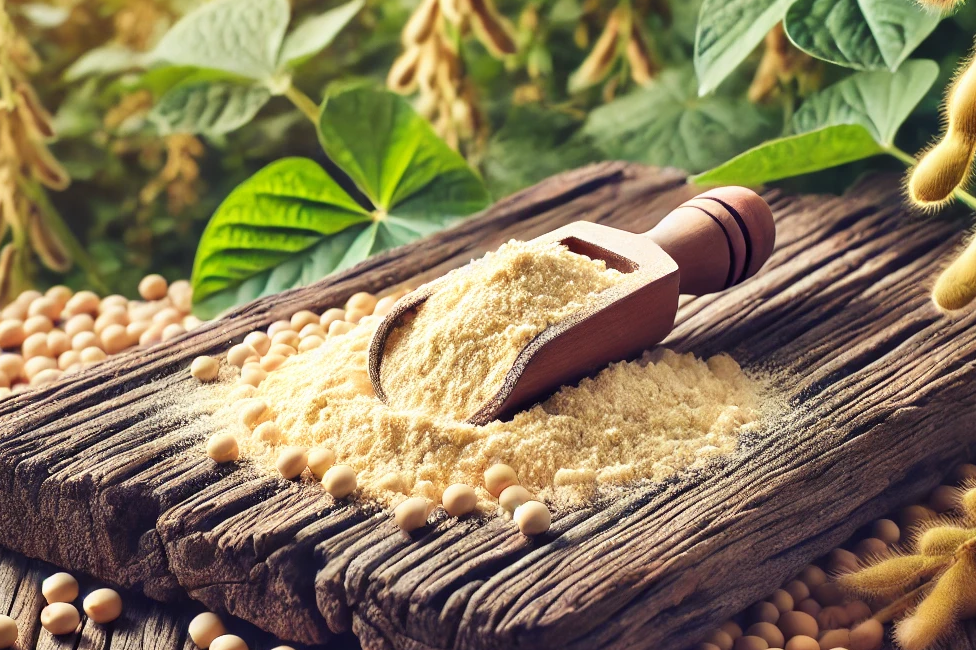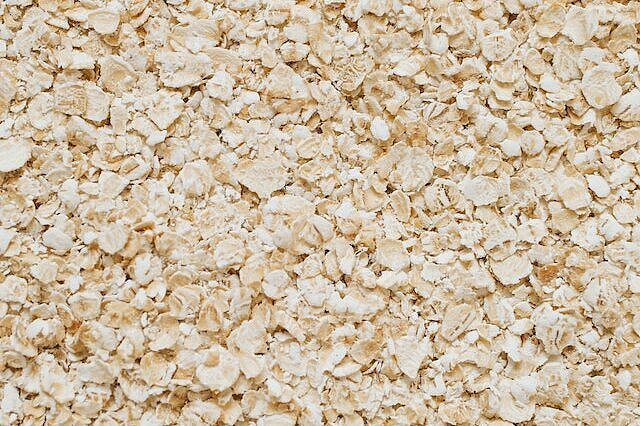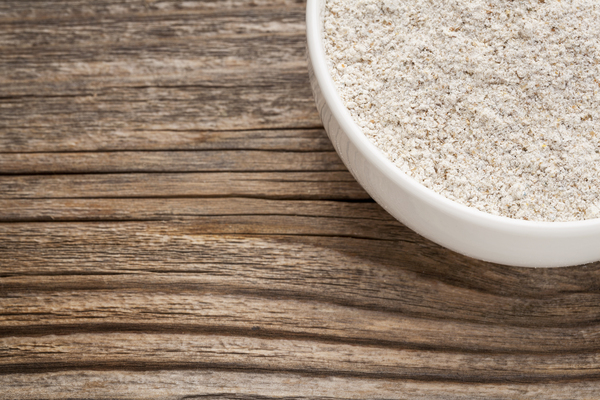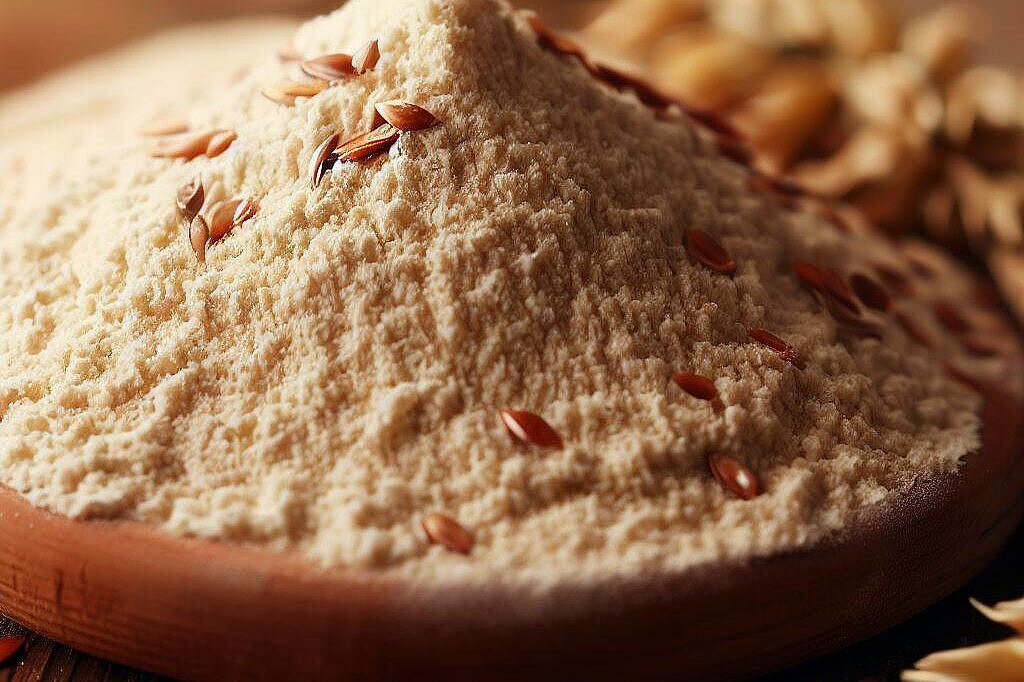Corn flour
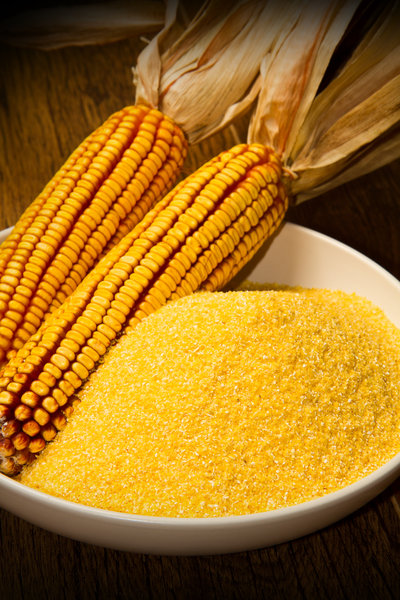
Corn flour is a fine powder made from dried and ground corn kernels. It is a common ingredient in many foods, such as bread, cakes, tortillas and popcorn. But is corn flour also suitable for dogs? In this article, you'll find out what the advantages and disadvantages of corn flour are for your four-legged friend.
The benefits of cornmeal for dogs
Cornmeal has several positive properties that can make it a useful ingredient in dog food. For one thing, cornmeal is a good source of carbohydrates, which provide your dog with energy. Cornmeal also contains fibre, which can aid digestion and stabilize blood sugar levels. Cornmeal is also rich in vitamins and minerals, such as vitamin B, iron, zinc and magnesium.
Another advantage of corn flour is that it is relatively low in allergens. This means that it rarely leads to intolerances or allergic reactions in dogs. So if your dog is sensitive to other cereals, cornmeal can be a good alternative.
The disadvantages of cornmeal for dogs
However, cornmeal also has some disadvantages that you should be aware of before feeding it to your dog. For one thing, cornmeal is not very high in protein. This means that it does not provide your dog with all the essential amino acids it needs for healthy growth and strong muscles. This is why cornmeal should always be combined with a high-quality protein source.
Secondly, cornmeal can contribute to obesity or diabetes in dogs if it is fed in excessive quantities. This is because cornmeal contains a lot of calories and starch, which are quickly converted into sugar. So if your dog eats too much cornmeal, he may gain weight or have an elevated blood sugar level. You should therefore always pay attention to how much cornmeal is in your dog's food and adjust the amount fed accordingly.
Cornmeal is a common ingredient in many dog foods that has both pros and cons for your dog. It can provide your dog with carbohydrates, fiber and vitamins, but can also lead to obesity or diabetes if fed in excess. In addition, cornmeal is not very high in protein and should therefore always be supplemented with a good source of protein.
If you notice any signs of hypersensitivity or poisoning in your dog, you should see your vet immediately. We are not a substitute for a vet, but we try to be as accurate as possible. Every dog reacts differently and we recommend you get a second opinion or consult your vet if in doubt.
Stay healthy and take good care of your four-legged friend!😊
Similar to Corn flour
Soy flour powder is made from soybeans that are cleaned, dehulled, ground and then processed into a fine powder. It is known for its high protein content as well as the presence of other important...
Oatmeal has several benefits for dogs that make it a good choice for breakfast or as an ingredient in homemade dog treats. Here are some of them: Oatmeal is gluten-free and is therefore well...
Rice flour has several benefits for dogs that you should be aware of. For one, it's easily digestible and can help regulate digestion in case of gastrointestinal problems or diarrhea. Secondly, it...
Flaxseed meal is rich in fiber, omega-3 fatty acids, lignans and other nutrients. It can aid digestion, lower cholesterol, improve skin and coat health and boost the immune system. It can also help...
